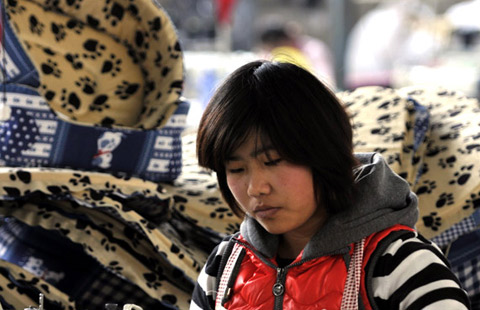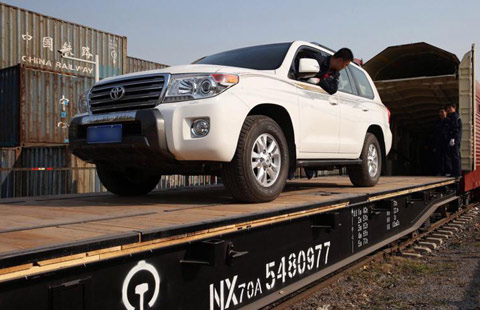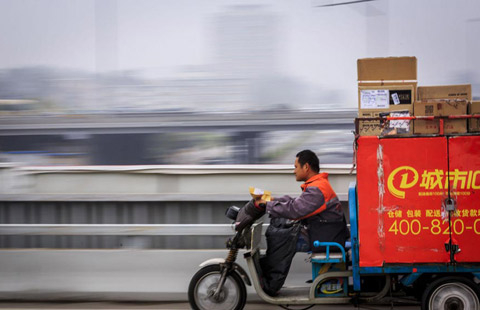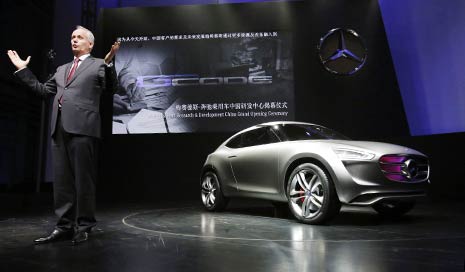Customers' desire for quality boosts online shopping
By Gao Yuan (China Daily) Updated: 2014-11-06 14:27China was an unlikely birthplace for the world's largest e-commerce market.
The vast land territory made nationwide delivery seem almost impossible. Unstable Internet service in rural areas - home to roughly half the nation's population - might also be expected to reduce buyers' willingness to shop online.
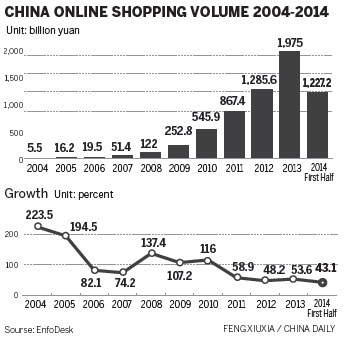
Most important, the Chinese subscribe firmly to the idea that seeing is believing. Bargaining with someone you cannot meet face to face over items you cannot touch is not the way people were accustomed to doing business.
But after Jack Ma's Alibaba Group Holding made a history-breaking initial public offering on the New York Stock Exchange in September, only a few would doubt the purchasing power of China's Internet shoppers.
With a market capitalization of more than $225 billion, the online shopping giant based in Hangzhou, Zhejiang province, is valued at more than Amazon and eBay combined.
According to a Ministry of Commerce estimate, Chinese e-commerce transactions, including the business-to-business, business-to-customer and customer-to-customer segments, are on track to top 18 trillion yuan ($2.9 trillion) by 2015. Online retail sales are expected to account for more than 10 percent of the country's total retail turnover by then.
So what changed the buying habits of Chinese shoppers?
According to Tang Jia, a senior researcher at Analysys International, the first major opportunity for Chinese shopping websites came in 2003. The highly infectious disease known as severe acute respiratory syndrome, or SARS, swept the country, and people locked themselves away at home rather than risk going to shops and becoming infected.
"People in Beijing, Shanghai and other big cities started to try out shopping online because they would not go out," said Tang.
By 2006, Taobao, Alibaba's customer-to-customer platform, had claimed more than half of China's online retail market, overtaking eBay. Chinese buyers were paying more attention to product quality than price, and this contributed to a surge in online retailing.
Vanessa Zeng, a senior analyst at industry consultancy Forrester Research, said: "Alibaba's Taobao and Tmall divisions are China's e-commerce darlings.
"Over the past 15 years, Alibaba has built an ecosystem of buyers, sellers, third-party service providers and strategic alliance partners around its platform."
 |
 |
| Alibaba set to expand 'double 11' | Overseas investors making hay from e-commerce bet |
- Internet firms launch financial revolution
- Private sector feels the pinch of HK protests
- Prime Capital cuts odds on 500.com
- CNOOC puts second deep-water rig into use
- Spring says time is right for leasing
- Mobile advertising is key in China
- China hails landmark China-Mexico high-speed rail co-op
- FTAAP a common vision, not a new rival
